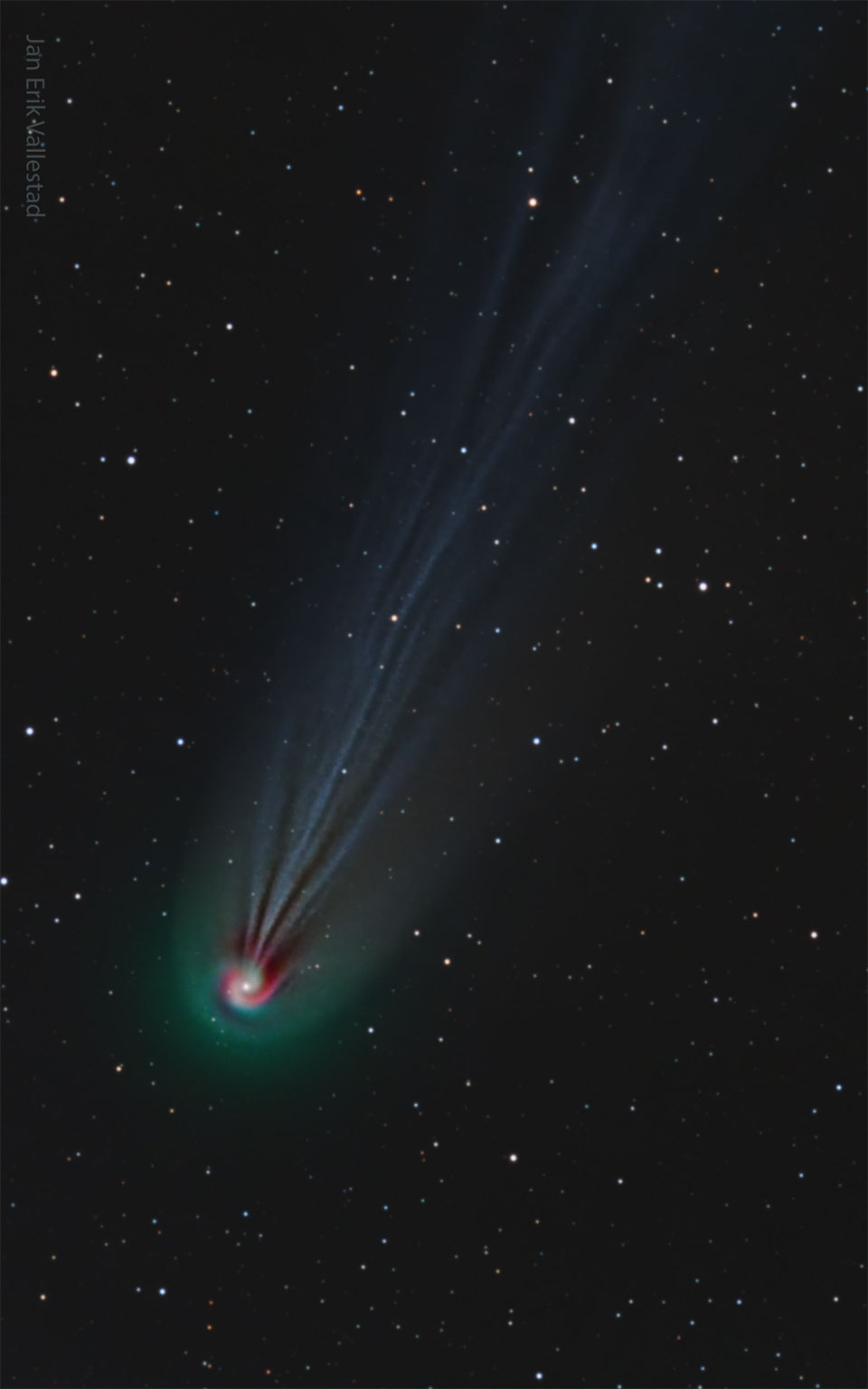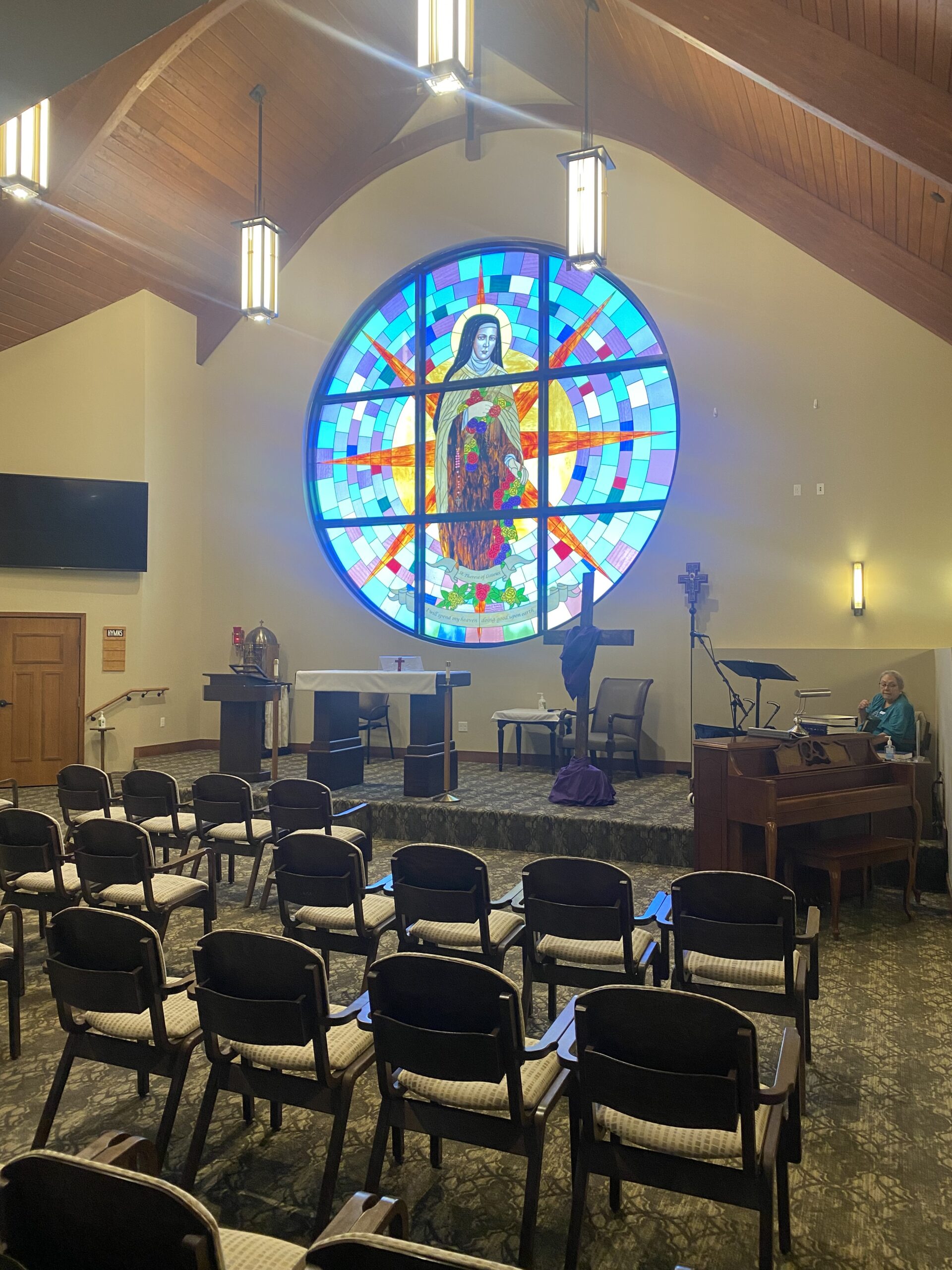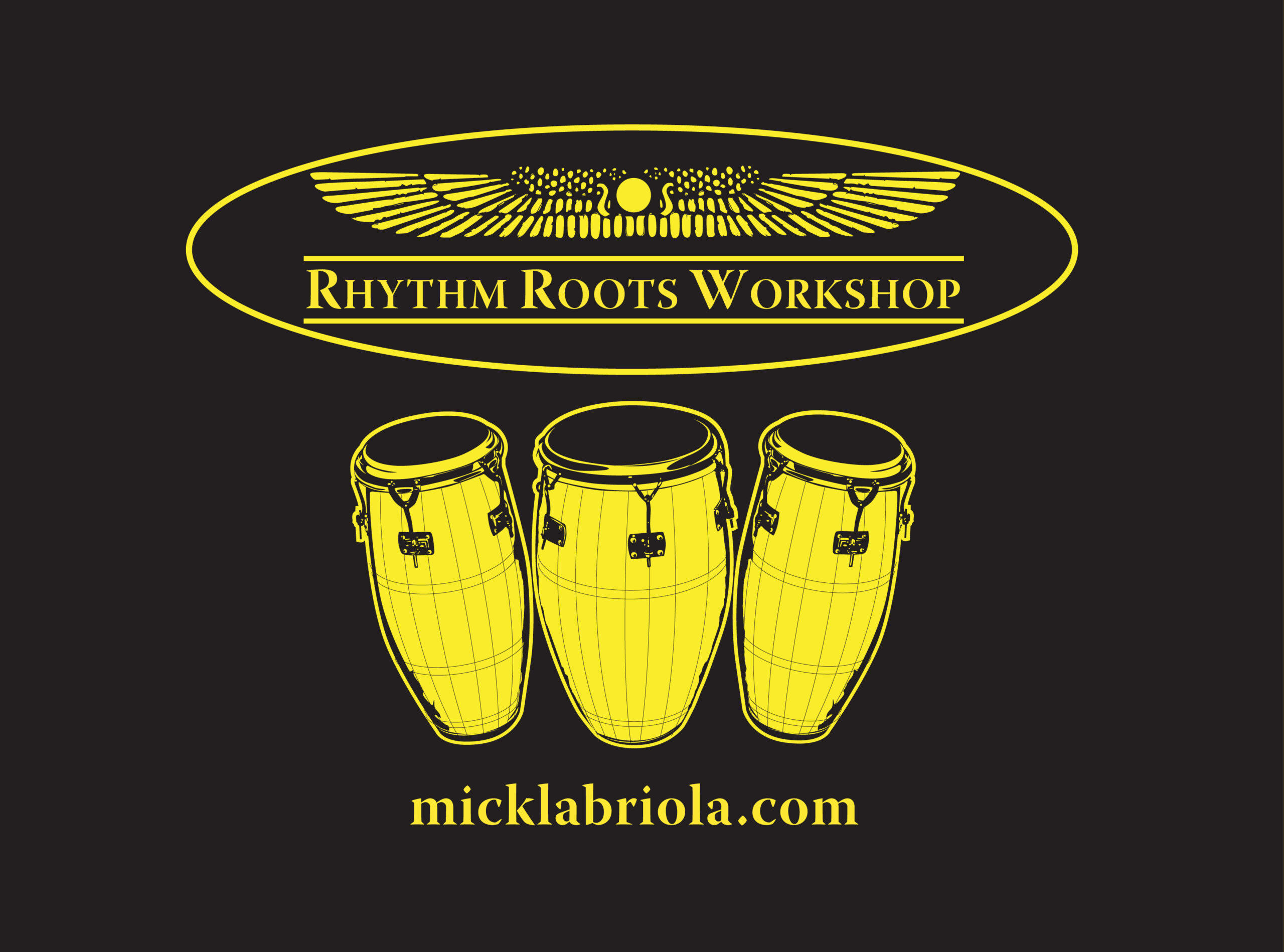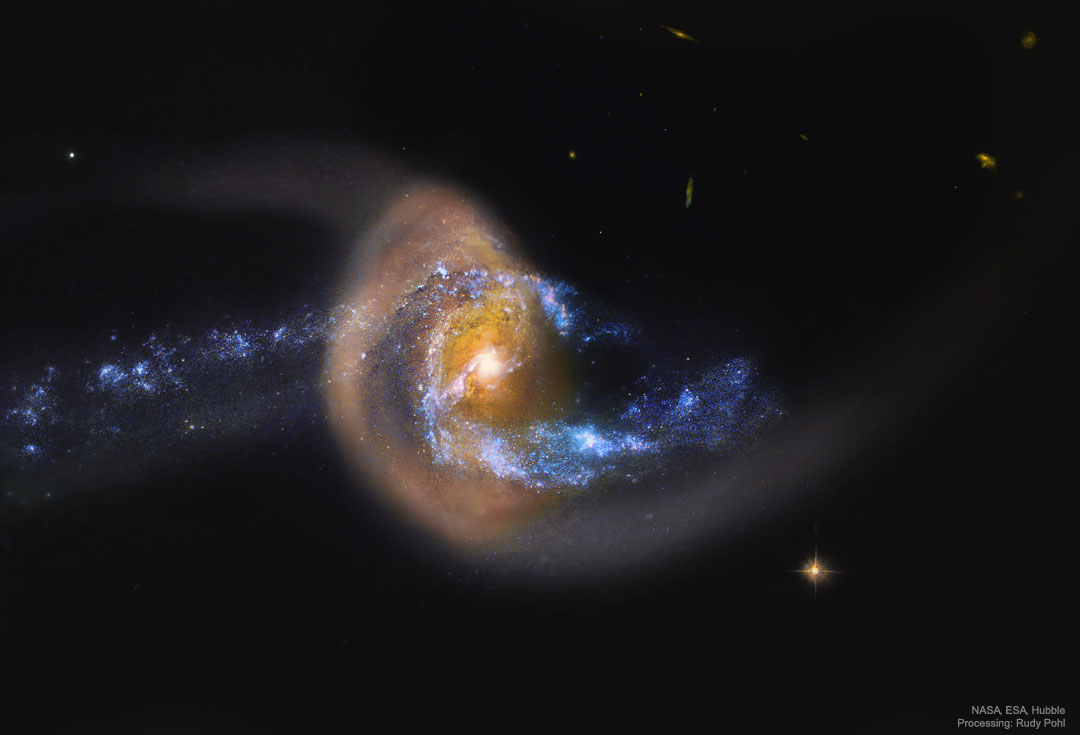Blog
Sister Rosetta Tharpe (born Rosetta Nubin, March 20, 1915 – October 9, 1973) was an American singer, songwriter and guitarist. She gained popularity in the 1930s and 1940s with her gospel recordings, characterized by a unique mixture of spiritual lyrics and electric guitar. She was the first great recording star of gospel music, and was among the first gospel musicians to appeal to rhythm and blues and rock and rollaudiences, later being referred to as “the original soul sister” and “the Godmother of rock and roll “She influenced early rock-and-roll musicians including Little Richard, Johnny Cash, Carl Perkins, Chuck Berry, Elvis Presley, Jerry Lee Lewis, and also later guitarists, such as Eric Clapton.
Tharpe was a pioneer in her guitar technique; she was among the first popular recording artists to use heavy distortion on her electric guitar, opening the way to the rise of electric blues. Her guitar-playing technique had a profound influence on the development of British blues in the 1960s. Her European tour with Muddy Waters in 1964, with a stop in Manchester on May 7, is cited by British guitarists such as Eric Clapton, Jeff Beck, and Keith Richards.
Willing to cross the line between sacred and secular by performing her music of “light” in the “darkness” of nightclubs and concert halls with big bands behind her, Tharpe pushed spiritual music into the mainstream and helped pioneer the rise of pop-gospel, beginning in 1938 with the recording “Rock Me” and with her 1939 hit “This Train“. Her unique music left a lasting mark on more conventional gospel artists such as Ira Tucker Sr., of the Dixie Hummingbirds. While controversial among conservative religious groups due to her forays into the pop world, she never left gospel music.
Tharpe’s 1944 release “Down by the Riverside” was selected for the National Recording Registry of the U.S. Library of Congress in 2004, which noted that it “captures her spirited guitar playing and unique vocal style, demonstrating clearly her influence on early rhythm-and-blues performers” and cited her influence on “many gospel, jazz, and rock artists”. (“Down by the Riverside” was recorded by Tharpe on December 2, 1948, in New York City, and issued as Decca single 48106). Her 1945 hit “Strange Things Happening Every Day“, recorded in late 1944, featured Tharpe’s vocals and resonator guitar, with Sammy Price(piano), bass and drums. It was the first gospel record to cross over, hitting no. 2 on the Billboard “race records” chart, the term then used for what later became the R&B chart, in April 1945. The recording has been cited as a precursor of rock and roll, and alternatively has been called the first rock and roll record. In May 2018, Tharpe was posthumously inducted into the Rock and Roll Hall of Fame as an Early Influence.
more...A bright comet will be visible during next month’s total solar eclipse. This very unusual coincidence occurs because Comet 12P/Pons-Brooks‘s return to the inner Solar System places it by chance only 25 degrees away from the Sun during Earth’s April 8 total solar eclipse. Currently the comet is just on the edge of visibility to the unaided eye, best visible with binoculars in the early evening sky toward the constellation of the Fish (Pisces). Comet Pons-Brooks, though, is putting on quite a show for deep camera images even now. The featured image is a composite of three very specific colors, showing the comet’s ever-changing ion tail in light blue, its outer coma in green, and highlights some red-glowing gas around the coma in a spiral. The spiral is thought to be caused by gas being expelled by the slowly rotating nucleus of the giant iceberg comet. Although it is always difficult to predict the future brightness of comets, Comet Pons-Brook has been particularly prone to outbursts, making it even more difficult to predict how bright it will actually be as the Moon moves in front of the Sun on April 8.

more...
Clarence Henry II (born March 19, 1937), known as Clarence “Frogman” Henry, is an American rhythm and blues singer and pianist, best known for his hits “Ain’t Got No Home” (1956) and “(I Don’t Know Why) But I Do” (1961).
Clarence Henry was born in New Orleans, Louisiana, United States, in 1937, moving to the Algiersneighborhood in 1948. He started learning piano as a child, with Fats Domino and Professor Longhairbeing his main influences. When Henry played in talent shows, he dressed like Longhair and wore a wig with braids on both sides. He joined Bobby Mitchell & the Toppers in 1952, playing piano and trombone, before leaving when he graduated in 1955 to join saxophonist Eddie Smith’s band.
more...James Joseph “Buster“ Bennett (March 19, 1914 – July 3, 1980) was an American blues saxophonist and blues shouter. His nickname was “Leap Frog”. At various times in his career, he played the soprano saxophone, the alto, and the tenor. He was known for his gutbucket style on the saxophone. He also played the piano and the string bass professionally.
Bennett was born in Pensacola, Florida. By 1930 or so, he was working in Texas, but he spent most of his active career (1938 to 1954) in Chicago. He was employed as a session musician by Lester Melrose from 1938 to 1942; he played on recordings with Big Bill Broonzy, the Yas Yas Girl, Monkey Joe, and Washboard Sam.
more...Leonard Joseph Tristano (March 19, 1919 – November 18, 1978) was an American jazz pianist, composer, arranger, and teacher of jazz improvisation.
Tristano studied for bachelor’s and master’s degrees in music in Chicago before moving to New York City in 1946. He played with leading bebop musicians and formed his own small bands, which soon displayed some of his early interests – contrapuntal interaction of instruments, harmonic flexibility, and rhythmic complexity. His quintet in 1949 recorded the first free group improvisations. Tristano’s innovations continued in 1951, with the first overdubbed, improvised jazz recordings, and two years later, when he recorded an atonal improvised solo piano piece that was based on the development of motifs rather than on harmonies. He developed further via polyrhythms and chromaticism into the 1960s, but was infrequently recorded.
Tristano started teaching music, especially improvisation, in the early 1940s, and by the mid-1950s was concentrating on teaching in preference to performing. He taught in a structured and disciplined manner, which was unusual in jazz education when he began. His educational role over three decades meant that he exerted an influence on jazz through his students, including saxophonists Lee Konitz and Warne Marsh.
Musicians and critics vary in their appraisal of Tristano as a musician. Some describe his playing as cold and suggest that his innovations had little impact; others state that he was a bridge between bebop and later, freer forms of jazz, and assert that he is less appreciated than he should be because commentators found him hard to categorize and because he chose not to commercialize.
more...

This gauzy-looking celestial body is UGC 5829, an irregular galaxy that lies about 30 million light-years away. Despite there not being many observations of this relatively faint galaxy, it has the distinction of having a descriptive soubriquet: the Spider Galaxy. Perhaps the distorted galactic arms with their glowing, star-forming tips bring to mind the clawed legs of an arachnid. Somewhat confusingly, there is another, very similarly nicknamed but otherwise entirely distinct, galaxy known as the Spiderweb Galaxy. This galaxy has also been more extensively imaged (notably by Hubble), despite the fact that it lies about 300 times further from Earth than the Spider Galaxy does.
Fortunately, correct galaxy identification does not depend on casual given names. Rather, known galaxies are recorded in at least one catalogue — and often in several — such as the Uppsala General Catalogue of Galaxies, which gives the Spider Galaxy its more formal title of UGC 5829. This same galaxy also has several different designations in various other catalogues: it is, for example, LEDA 31923 in the Lyon-Meudon Extragalactic Database; MCG+06-24-006 in the Morphological Catalogue of Galaxies; and SDSS J104242.78+342657.3 in the Sloan Digital Sky Survey Catalogue. The Spiderweb Galaxy isn’t recorded in all of the same catalogues — each is necessarily limited in scope — but it is included in the LEDA catalogue as LEDA 2826829. It is evidently simpler to not conflate the dull but distinct names LEDA 31923 and LEDA 2826829, than the fun but easily confused Spider and Spiderweb!

Wilson Pickett (March 18, 1941 – January 19, 2006 Prattville, AL) was an American singer and songwriter.
A major figure in the development of soul music, Pickett recorded over 50 songs which made the US R&Bcharts, many of which crossed over to the Billboard Hot 100. Among his best-known hits are “In the Midnight Hour” (which he co-wrote), “Land of 1000 Dances“, “634-5789 (Soulsville, U.S.A.)“, “Mustang Sally“, “Funky Broadway“, “Engine No. 9”, and “Don’t Knock My Love“.
Pickett was inducted into the Rock and Roll Hall of Fame in 1991, in recognition of his impact on songwriting and recording.
more...Andy Narell (born March 18, 1954 NY,NY) is an American jazz steel pannist, composer and producer.
Narell took up the steelpan at a young age in Queens, New York. His father, who was a social worker, had started a program of steelpan playing for at-risk youth at the Jewish philanthropic Education Alliance in Lower East Side Manhattan using two sets of pans made by Rupert Sterling, a native of Antigua. Beginning in 1962, Andy, his brother Jeff, and three others boys played on a third set of Sterling-made pans in the basement of the Narell house in the Whitestone neighborhood of Queens, calling themselves the Steel Bandits. The band was a novelty steelpan act that played concerts and appeared on television shows, including I’ve Got a Secret in 1963.
The band played Carnegie Hall and at the National Music Festival of Trinidad. Murray Narell invited Ellie Mannette in 1964 to expand steelpan activities in New York City and convinced him to come in 1967. Mannette taught the Narell boys more technique, and they played on improved pans tuned by Mannette.
Narell studied music at the University of California, Berkeley and played piano with the University of California Jazz Ensembles under the direction of David W. Tucker. He graduated in 1973.
He started the record label Hip Pocket and released his first solo album, Hidden Treasures, in 1979. With an interest in Caribbean music, Latin jazz, and rhythm and blues, he joined the Caribbean Jazz Project in 1995 with Dave Samuels and Paquito D’Rivera.
He has performed with Montreux, Sakésho, Calypsociation, and Béla Fleck and the Flecktones. He composed and arranged music for Trinidad‘s national steelband competition, Panorama. Narell performed in South Africa in 1999 in front of a crowd of 80,000 people.
more...William Richard Frisell (born March 18, 1951) is an American jazz guitarist. He first came to prominence at ECM Records in the 1980s, as both a session player and a leader. He went on to work in a variety of contexts, notably as a participant in the Downtown Scene in New York City, where he formed a long working relationship with composer and saxophonist John Zorn. He was also a longtime member of veteran drummer Paul Motian‘s groups from the early 1980s until Motian’s death in 2011. Since the late 1990s, Frisell’s output as a bandleader has also integrated prominent elements of folk, country, rock ‘n’ rolland Americana. He has six Grammy nominations and one win.
more...NGC 7714, has been stretched and distorted by a recent collision with a neighboring galaxy. This smaller neighbor, NGC 7715, situated off to the left of the frame, is thought to have charged right through NGC 7714. Observations indicate that the golden ring pictured is composed of millions of older Sun-like stars that are likely co-moving with the interior bluer stars. In contrast, the bright center of NGC 7714 appears to be undergoing a burst of new star formation. The featured image was captured by the Hubble Space Telescope. NGC 7714 is located about 130 million light years away toward the constellation of the Two Fish (Pisces). The interactions between these galaxies likely started about 150 million years ago and should continue for several hundred million years more, after which a single central galaxy may result.

Jessica Jennifer Williams (March 17, 1948 – March 10, 2022 Baltimore, MD) was an American jazz pianist and composer.
Williams was born in Baltimore, Maryland, on March 17, 1948. She started playing the piano at age four, began music lessons with a private teacher at five, and at age seven was enrolled into the Peabody Preparatory. She studied classical music and ear training with Richard Aitken and George Bellows at the Peabody Conservatory of Music.
At age twelve, Williams was listening to Dave Brubeck, Miles Davis, and Charles Mingus. She began performing jazz in her teens, playing with Richie Cole, Buck Hill, and Mickey Fields. In a radio interview with Marian McPartland on NPR‘s Piano Jazz from 1992, she stated that her main influences were not pianists, but Miles Davis and John Coltrane.
more...Paul Horn (March 17, 1930 – June 29, 2014) was an American flautist, saxophonist, composer and producer. He became a pioneer of world and new age music with his 1969 album Inside. He received five Grammy nominations between 1965 and 1999, including three nominations in 1965.
Horn was born on March 17, 1930, in New York City and had Jewish ancestry through his father. The family moved to Washington, D.C., when Horn was four. He took up the piano at age four, followed by the clarinet at 12. While in Washington, D.C., Horn attended Theodore Roosevelt High School and the Washington College of Music. In the summer of 1942, Horn worked as an usher at the Earl Theatre to buy a clarinet. He studied the clarinet and flute at the Oberlin Conservatory of Music in Ohio, earning a bachelor’s degree. In June 1953, Horn gained a master’s from the Manhattan School of Music.
Moving to Los Angeles, he played with Chico Hamilton‘s quintet from 1956 to 1958 and became an established West Coast session player. He played on the Duke Ellington Orchestra’s Suite Thursday and worked with Nat King Cole, Tony Bennett and others. He scored the 1959 animated television series Clutch Cargo. During the same year he appeared briefly in Roger Corman’s film A Bucket of Blood.
more...More Posts
- Rhythm Roots Workshop Ecumen North Branch Senior Living
- Cosmos M100
- Devon Evans
- Curtis Andrews
- Richard Groove Holmes
- World Drumming with World Street Music
- Daily Roots The Revolutionaries
- Rhythm Roots Workshop Residency Ecumen Lakeview Commons Assisted Living
- Cosmos IC 1795
- Judy Collins
- Shirley Horn
- Little Walter
- World Drumming Kakatsitsi Master Drummers from Ghana
- Daily Roots Dread & Fred
- Cosmos Nova Persei 1901 (GK Persei)
- Barrington Levy
- Mabel Scott
- Percy Heath
- Reverend Gary Davis
- World Music Nawazi Khanum Negar Fathi/Kamancheh Behnam Bayat